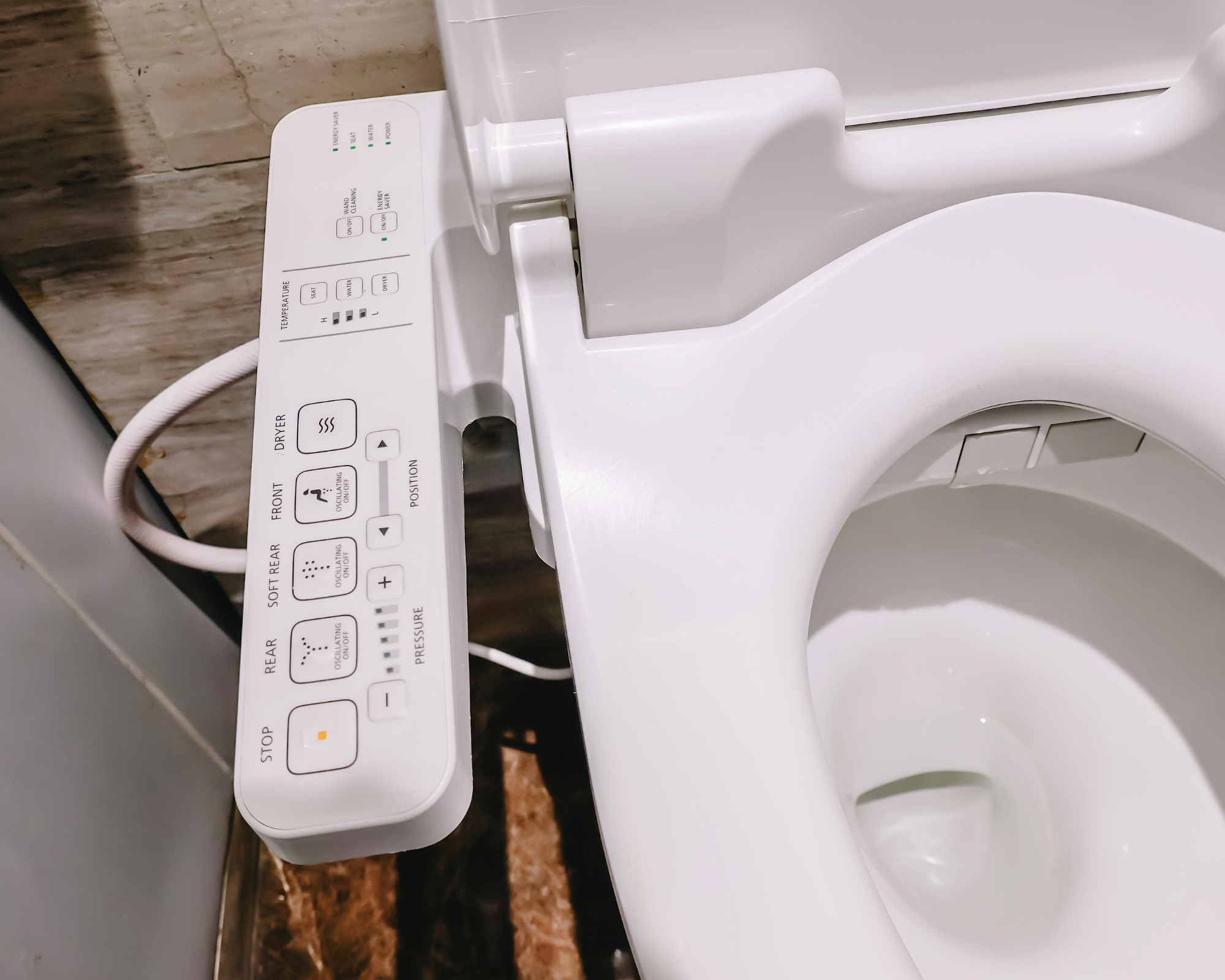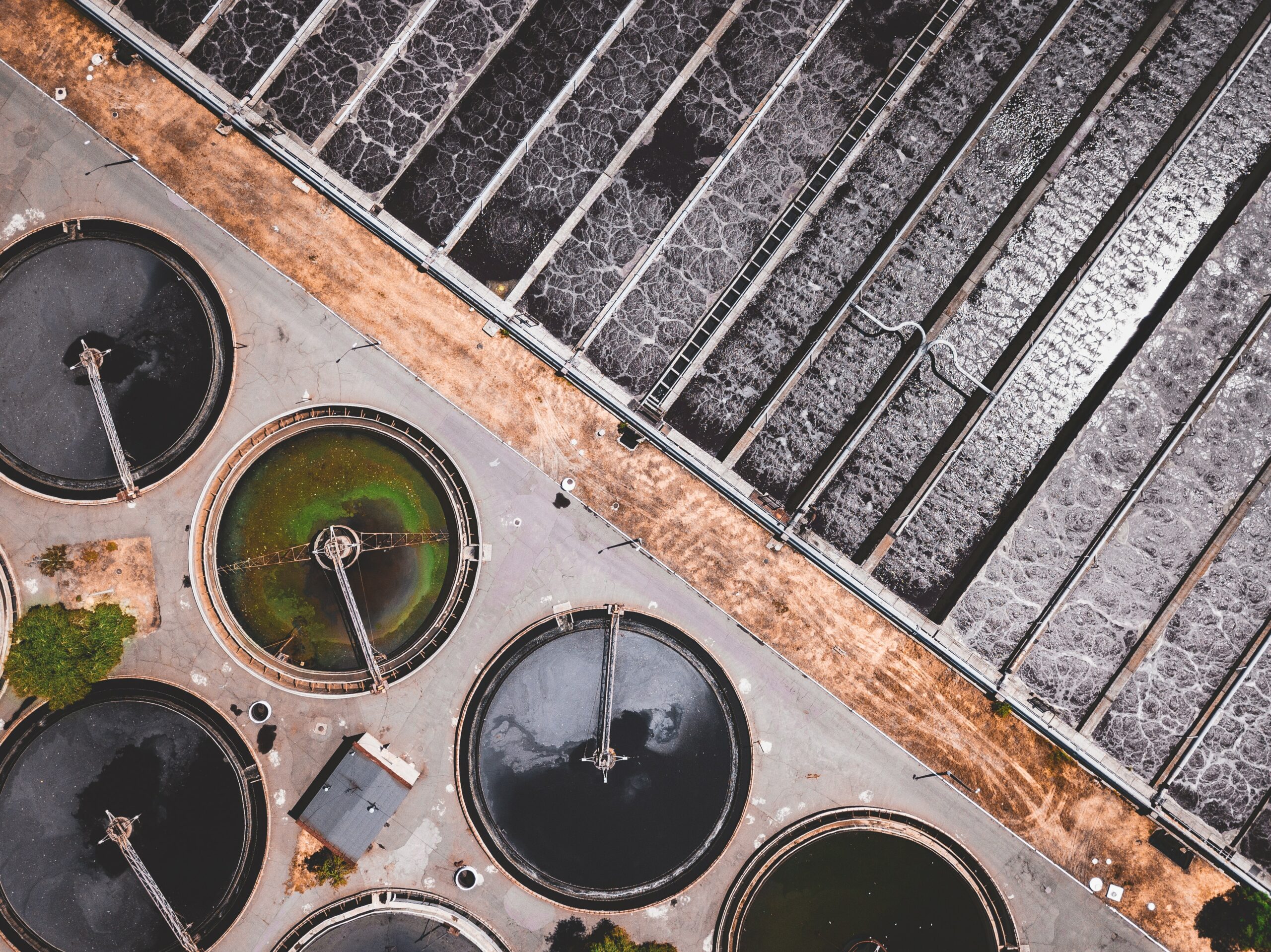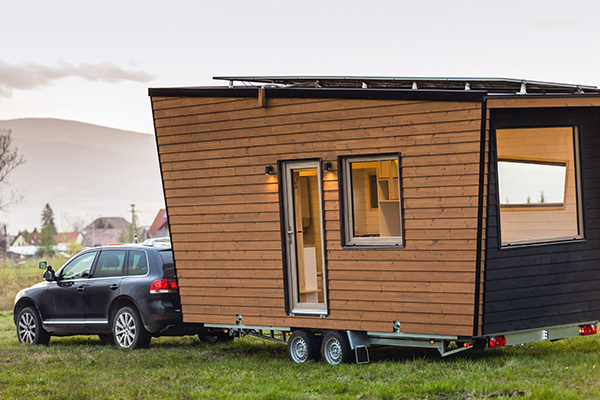Life would be pretty boring without our furry four-legged friends. Our pets are precious members of our households and as their owners it is our responsibility to keep them safe, happy and healthy. We’ve put together some helpful plumbing tips for you and your furry friend.
1. Keep the toilet lit closed
Animals are known for sneaking a sip from the toilet bowl. If they see open water, they will be inclined to try it and if your toilet seat is left open, the toilet bowl is one of the first places they will go. Not only is drinking water from the toilet bowl unsanitary, but the chemicals from the products you use to clean your toilet can remain in the bowl for weeks. Therefore, if you have a furry friend, do the responsible thing by keeping toilet lids closed and give them a fresh bowl of water daily.
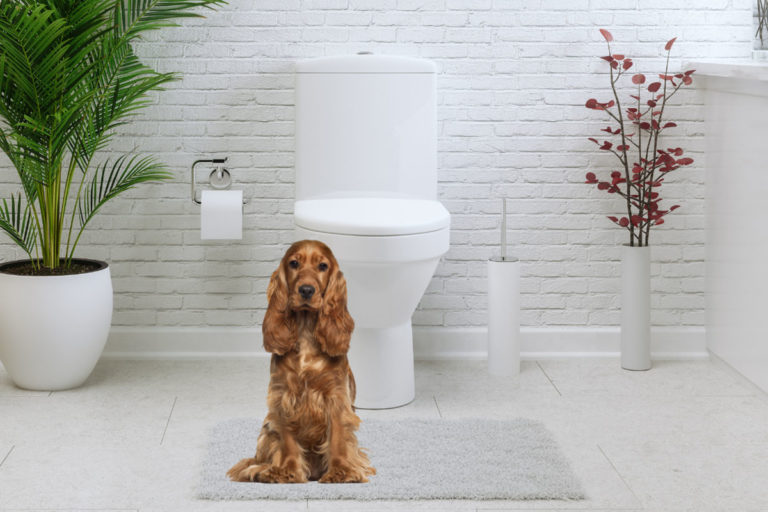
2. Don’t flush cat litter
Even though many brands of cat litter claim to be flushable, doing this may cause a lot of damage to your plumbing. Cat litter is designed to absorb moisture and increases to more than 10 times its original volume. Therefore, if you flush cat litter down your pipes, it expands and can cause an artificial block in your plumbing. Waste contained in the litter can also have parasites, such as Toxoplasma Gondii, that can infiltrate the water supply. Therefore, it’s recommended to keep pet waste in the trash and out of the pipes. Remember to empty the contents of your cat’s litter box into a garbage bag and dispose into a bin.
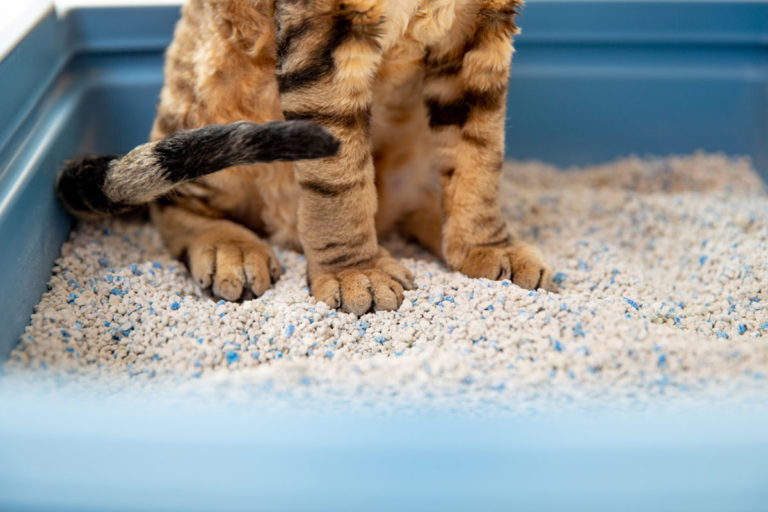
3. Keep hair out of drains
Whether you are a professional pet groomer or prefer to wash your own pet at home, remember to use a waste trap to prevent pet hair, dirt and debris from clogging up the drain. Also try giving your pet a good brush before bathing to remove excess fur.
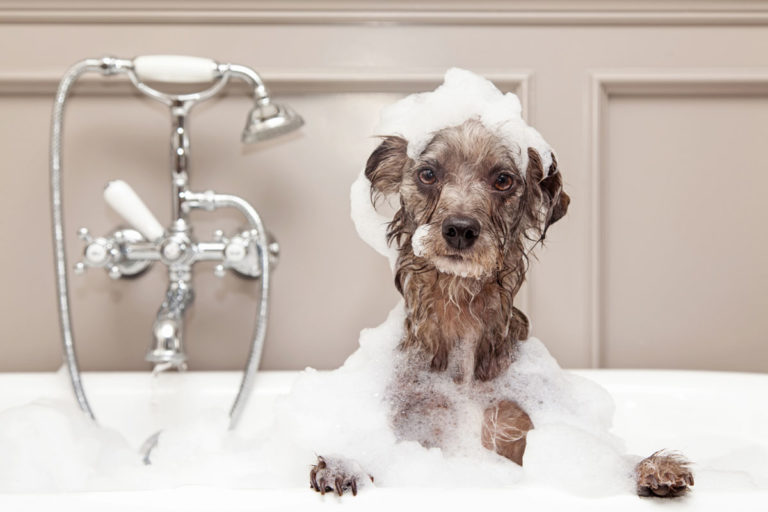
4. Be careful where your dog digs
Dogs love to dig in the backyard. While it may be a natural thing for them to do, they also run the risk of exposing sewage and water pipes if they dig hard enough. Some solutions include training them to redirect their activities, or to allowing to play and dig in an area you know for a fact is safe.

5. Cover exposed pipes and drains
Be sure to cover any exposed pipes and drains around your home. Dogs love to chew on things, but chewing on pipes can lead to costly vet and plumbing bills. To avoid these mishaps, ensure your pet has enough chew toys to keep themselves occupied and cover exposed pipes and drains and keep cabinets underneath sinks closed – especially when you have smaller pets like hamsters or mice.


